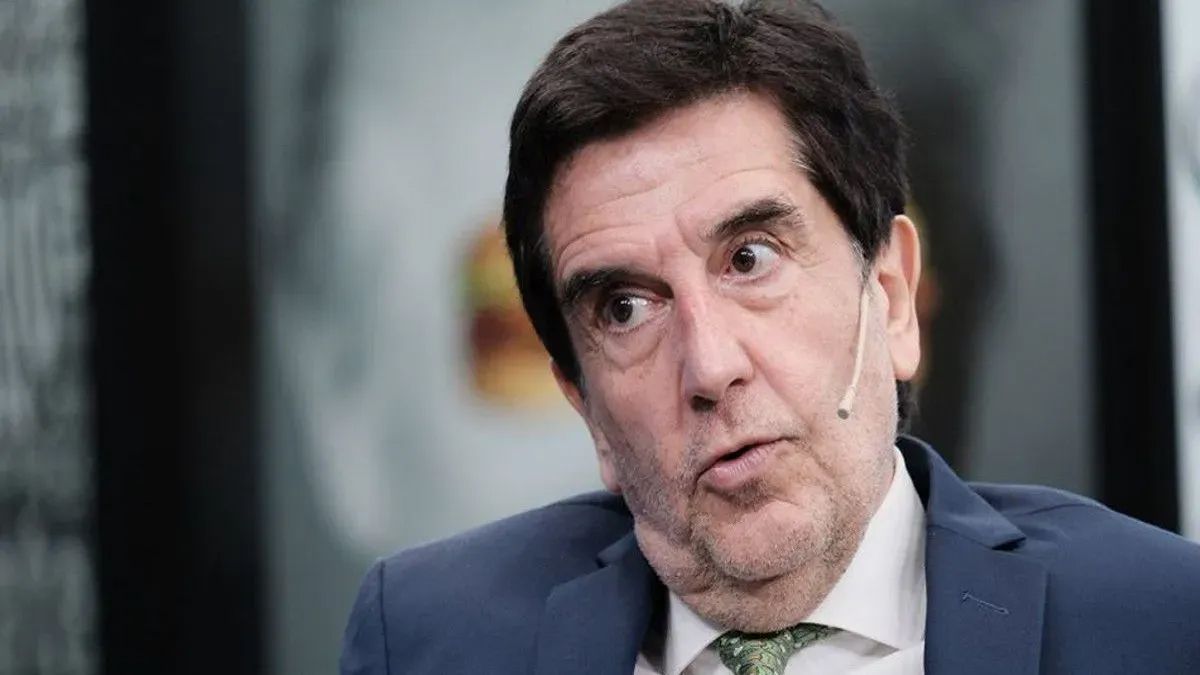The economist denigrated the official strategy against price increases. In addition, he said that although the dollar is not behind, “there is nothing left over.”
Carlos Melconian harshly criticized the economic policy of the government of Javier Milei, by maintaining that it applies “torture” to bring inflation down. Furthermore, he said that Although the dollar is not behind, “it has nothing left over.”
The content you want to access is exclusive to subscribers.
“I had big problems with other governments for calculating inflation, so I want to clarify that we are not the INDEC, what we have are approximations. Inflation was in the range of 4% and now it is in the range of 3%. If in November 2.9% comes, better, but nothing changes,” he indicated. the economist.


And he added: “What I don’t agree with is torturing people to get down to 1% or 2% per month. If this drop is going to happen on the basis of fixing exchange rates or rates, the cure is going to end up being worse than the disease. Before presenting a stability program, relative prices must be accommodated, because otherwise, this remains latent in the future. “If what they are looking for is to accommodate the numbers with fiscal or monetary torture, we will no longer go out.”
When referring to the dollar, Melconian said: “When one makes an analysis to see where we are, the discussion is often limited, insufficiently, to the question of the exchange rate. And it is clear that this exchange rate does not have much left over, although it is not the real exchange rate of the end of convertibility or of Martínez de Hoz’s table, against that it still has air, but there is nothing left over.
“It is finite because this program tried to start with a cushion that ended up being eaten up, because inflation was above the devaluation,” explained the specialist.
In dialogue with Radio Miter, Melconian however highlighted the importance of maintaining fiscal order, another variable that directly influences the exchange rate aspect.
“Then there are many other events to follow to make a serious analysis. The question of the exchange rate has to do directly or indirectly with the fiscal policy of a country, in Argentina you cannot have more fiscal deficit, and that is a great lesson learned for the future,” he stated.
Among the other factors to take into account, the former president of Banco Nación mentioned the level of salary costs in dollars, the level of imports, the movement of capital, and the situation of interest rates and the price of the dollar in the world. inter alia.
“The institutionality, credibility and behavior of its ruling class is also important, there are less of us ten of us,” he complained.
Source: Ambito
I am a 24-year-old writer and journalist who has been working in the news industry for the past two years. I write primarily about market news, so if you’re looking for insights into what’s going on in the stock market or economic indicators, you’ve come to the right place. I also dabble in writing articles on lifestyle trends and pop culture news.




